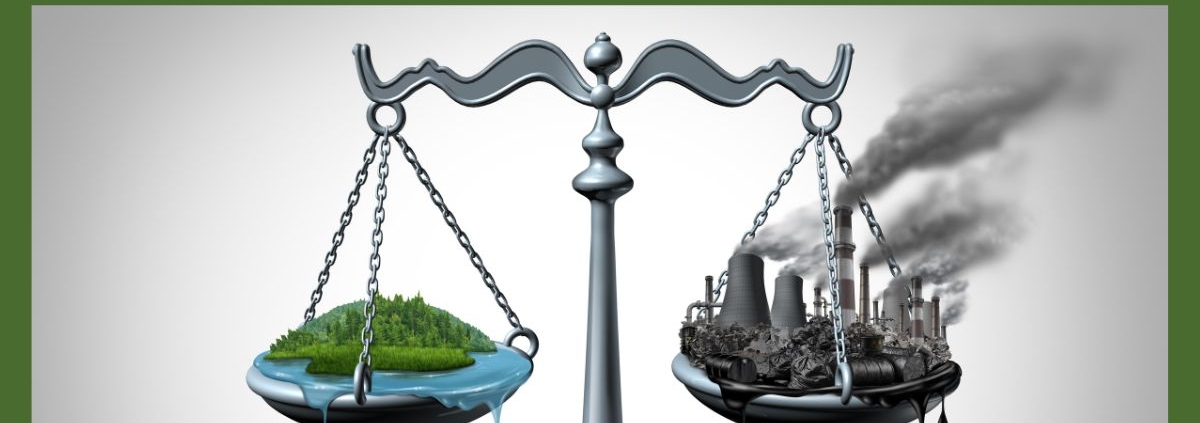When Russia invaded Ukraine on February 24, the world was not prepared for what was to follow. Most expected it to be a short conflict that would be over in a couple of weeks, if not days. However, the war dragged on and on and, after almost six months, people across the world are getting increasingly wary of its knock-on impacts.
The conflict has been devastating not just for Ukraine but also for many other countries directly or indirectly involved in trade with Ukraine, Russia, or both. The invasion has led to widespread misery, death and destruction, but the less-understood impact is that on climate actions.
Impact of the crisis on climate actions
One of the biggest problems emanating from the conflict has been the global energy crisis, which is expected to deal a severe blow to concerted efforts aimed at reducing greenhouse gases. Several countries are turning to coal and liquefied natural gas as alternative sources to Russian energy. Global endeavours to transition from fossil fuels to cleaner energy seem to be coming to nought. Needless to say, climate actions have become a major casualty of the Russia-Ukraine war.
While policymakers around the world have been trying to engender a shift away from fossil fuels to avoid a cataclysmic climate scenario, the exact opposite is happening now, with many nations relying on energy sources that can undo years of progress.
For instance, the European Union, instead of transitioning to renewables, is planning to replace some Russian gas with fracked, high-emission ‘freedom gas’ sourced from the US. Germany is all set to increase coal use to deal with the energy crisis. It is subsidizing gasoline prices and extending the life of coal-powered electricity generators. Holland has authorized its coal plants to ramp up to 100% capacity from the present 35% until 2024. Austria is reactivating a coal plant that stopped operations in April 2020. Italy is also planning to allow several coal-burning power plants to step up production.
And that’s not all — Germany is lobbying fellow G7 countries to override an earlier commitment to stop public investment in overseas fossil fuel projects by 2022. If this proposal goes through, it will be difficult to demand the rest of the world cut emissions and invest in renewable energy. Besides, the declared goal of limiting global warming to 1.5 degrees Celsius will also fall by the wayside. Several other countries are halting plans of reducing coal usage.
Taking advantage of the situation, fossil fuel companies are lobbying for long-term infrastructure investments into capacity building, which is sure to derail global climate actions. Instead of moving towards renewables appreciably, the world is seeing major fossil backsliding.
Just before Russia invaded Ukraine, G7 nations had made several climate commitments, such as exiting coal by 2030, decarbonizing power sectors by 2035, increasing public investment in renewables, ending public funding of overseas fossil fuel projects by the end of this year, and so forth. The war has changed the pro-renewable sentiments considerably as nations fear energy shortage.
There is yet another aspect to this issue: War itself is highly polluting. The war machinery, consisting of weapons, jets, tanks, trucks, military aircraft, and all the bombing and shooting and burning, contribute directly to greenhouse gas emissions. All in all, the Russia-Ukraine conflict has created several problems for the world, but, while issues such as loss of human life and destruction of property are making the rounds, the damage to the environment and the setbacks for climate actions have not received the required press.



